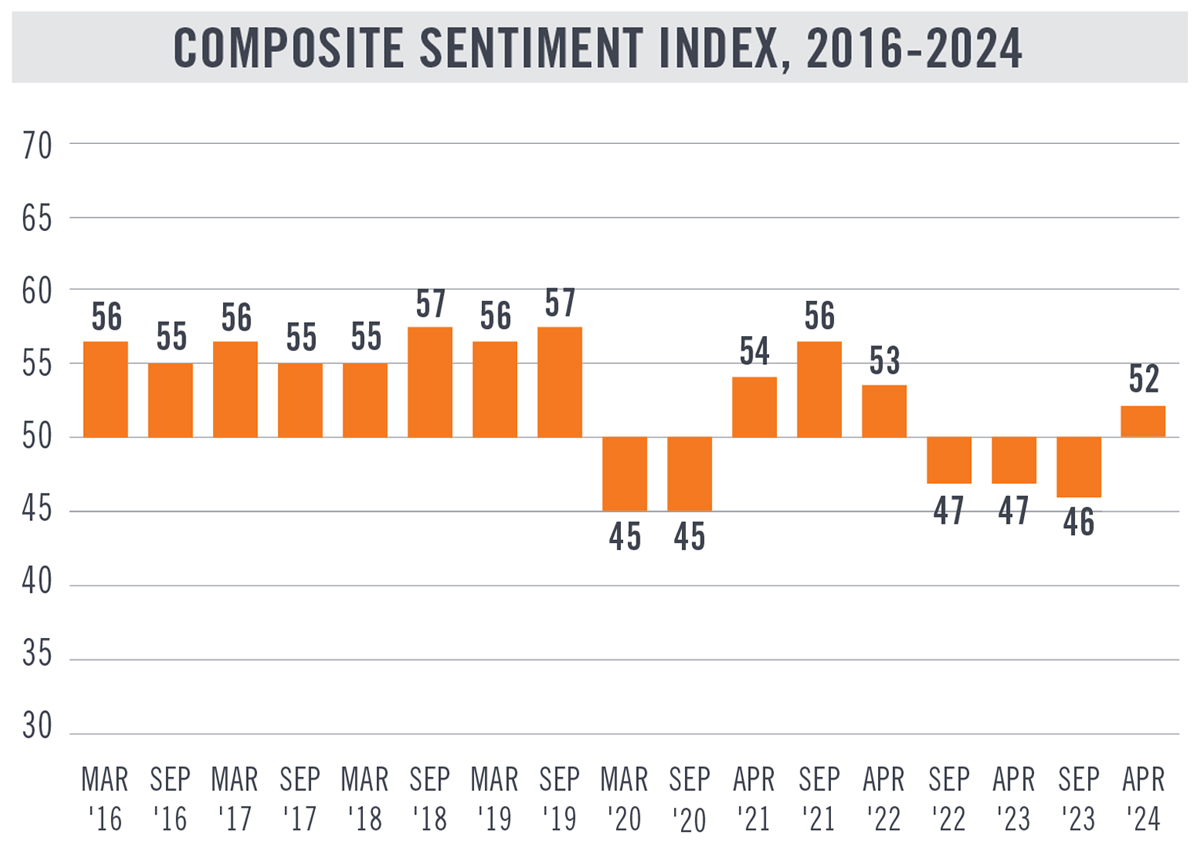Sam Zell’s Equity International Pockets $245M on Sale of Brazil-Based BR Malls Shares
The sale, which accounted for nearly 9 percent of BR Malls' capital stock, is no indication of Equity's feelings about Brazilian retail. The investment firm remains keen on the market and retains a 6 percent ownership interest in BR Malls, Brazil's largest retail real estate concern.
July 16, 2010
By Barbra Murray, Contributing Editor
Chicago-based Equity International, co-founded by billionaire Sam Zell, has sold 18.2 million shares of Rio de Janeiro, Brazil-headquartered BR Malls for a nice chunk of change–$245 million.
The sale, which accounted for nearly 9 percent of BR Malls’ capital stock, is no indication of Equity’s feelings about Brazilian retail. The investment firm remains keen on the market and retains a 6 percent ownership interest in BR Malls, Brazil’s largest retail real estate concern.
“We continue to have the highest level of enthusiasm for BR Malls and the retail property sector in Brazil,” Gary Garrabrant, CEO of Equity, noted in a prepared statement. “[The] sale is simply a reflection of Equity’s disciplined and proven monetization philosophy.”
Equity made its first investment in BR Malls through the company’s Fund II in 2006, and enhanced its stake through its Fund III vehicle in 2007 via its involvement in the company’s follow-on public offering. Presently, BR Malls has a portfolio encompassing 35 high quality malls accounting for approximately 10.8 million square feet of retail space.
Given the forecast for the retail market in Brazil, few industry experts would dispute that Equity is wise to maintain a significant presence in the country. According to a recent report by analysis and research firm Business Monitor International, Brazil’s retail sales are projected to increase from just over $684 billion in 2010 to approximately $991 billion by 2014. “Generally positive trends in underlying economic growth, an enormous and growing population and rising disposable income are key factors behind the forecasted growth in Brazil’s retail sales,” the report concludes. “The non-grocery sector is outperforming the food sector as consumers increase their spending on household items and durable goods such as furniture, domestic appliances, cars and clothes.”






